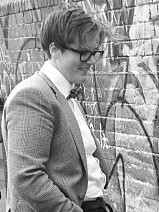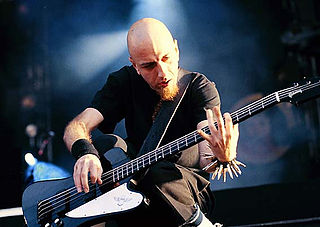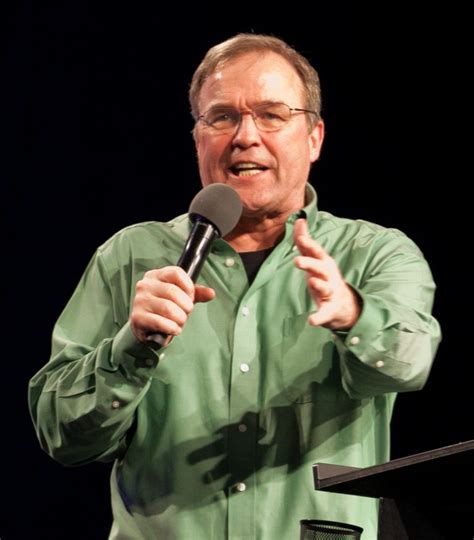A Quote by Craig Groeschel
Shame usually follows a pattern—a cycle of self-recrimination and lies that claims life after life. First, we experience an intensely painful event. Second, we believe the lie that our pain and failure is who we are—not just something we’ve done, or had done to us—and we experience shame. And finally, our feelings of shame trap us into thinking that we can never recover—that, in fact, we don’t even deserve to.
Related Quotes
Feelings and stories of unworthiness and shame are perhaps the most binding element in the trance of fear. When we believe something is wrong with us, we are convinced we are in danger. Our shame fuels ongoing fear, and our fear fuels more shame. The very fact that we feel fear seems to prove that we are broken or incapable. When we are trapped in trance, being fearful and bad seem to define who we are. The anxiety in our body, the stories, the ways we make excuses, withdraw or lash out—these become to us the self that is most real.
I believe we all have lists of shame. Long lists. We live with our constellation of shames quite privately. But they weigh us down. I wish I could abracadabra away shame. This is such a waste of our small time on earth. Our bodies are often the focus of shame. The shame of the body changing. Of the sexual body. Of the aging body. Not being able to do what you once could do. Even just looking at your skin as you age, the texture, the wrinkle, the sag, and somehow feeling ashamed and responsible for its changes.
You see it is important to understand how damaged people don't always know how to say yes, or to choose the big thing, even when it is right in front of them. It's a shame we carry. The shame of wanting something good. The shame of feeling something good. The shame of not believing we deserve to stand in the same room in the same way as all those we admire. Big red As on our chests.
Shame has its place. Shame is what you do to a kid to stop them running on the road. And then you take the shame away, and immediately, they're back in the fold. You should never soak anybody in shame. It's the prolonged existence of shame that then flips out into destructive rage. We can't exist in that. It's like treacle.
What should our second generation have done, what should it do with the knowledge of the horrors of the extermination of the Jews? We should not believe we can comprehend the incomprehensible, we may not compare the incomparable, we may not inquire because to inquire is to make the horrors an object of discussion, even if the horrors themselves are not questioned, instead of accepting them as something in the face of which we can only fall silent in revulsion, shame and guilt. Should we only fall silent in revulsion, shame and guilt? To what purpose?
The difference between guilt and shame is very clear--in theory. We feel guilty for what we do. We feel shame for what we are. A person feels guilt because he did something wrong. A person feels shame because he is something wrong. We may feel guilty because we lied to our mother. We may feel shame because we are not the person our mother wanted us to be.
An older child, one who possesses a conscience, will be troubled with self-reproaches and feelings of shame for his naughtiness, even if he is not discovered. But our two-year-olds and our three-year- olds experience guilt feelings only when they feel or anticipate disapproval from the outside. In doing this, they have taken the first steps toward the goal of conscience, but there is a long way ahead before the policeman outside becomes the policeman inside.
I believe that mothers should tell the truth, even - no, especially - when the truth is difficult. It's always easier, and in the short term can even feel right, to pretend everything is okay, and to encourage your children to do the same. But concealment leads to shame, and of all hurts shame is the most painful.
Choice! The key is choice. You have options. You need not spend your life wallowing in failure, ignorance, grief, poverty, shame, and self-pity. But hold on! If this is true then why have so many among us apparently elected to live in this manner? The answer is obvious. Those who live in unhappy failure have never exercised their options for a better way of life because they have never been aware that had any choices



































